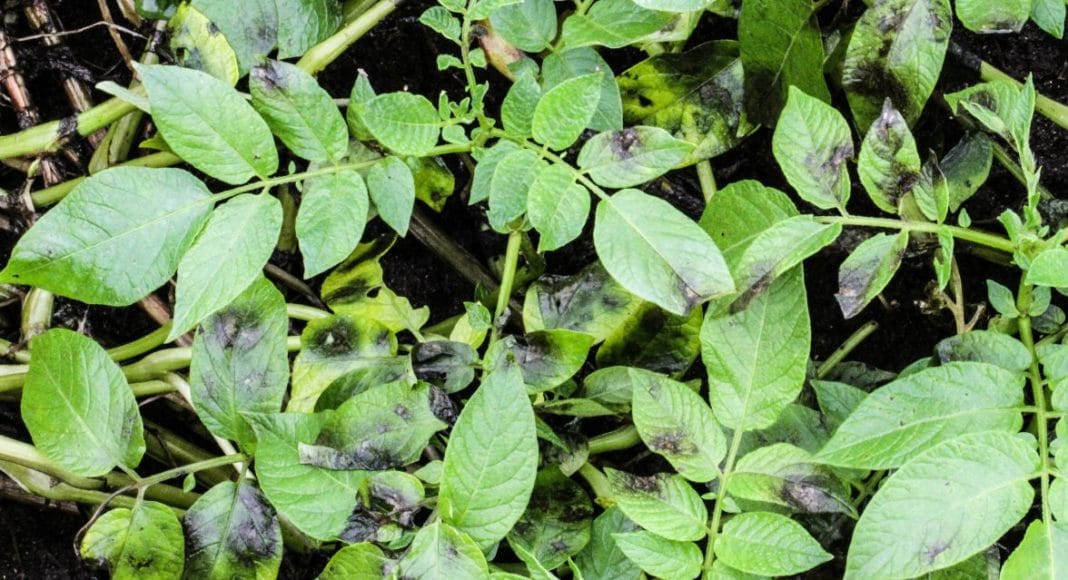A new molecular sensor system that detects harmful diseases in plants and food crops including potatoes and tomatoes has been developed by researchers at the Hebrew University of Jerusalem, a March 9 news release said.
Researchers used genetic engineering methods to produce new potato varieties that produce special proteins. The release noted these proteins act as a biological sensor that can be sent to the chloroplasts in the plant’s cells, where photosynthesis occurs.
“In its early stages, it is difficult to identify the disease, since you can’t see external signs on the leaf,” Matanel Hipsch, a Hebrew University doctoral student who led the study, said in the release.
The sensitive cameras can pick up the signals sent from the sensor obtaining spatial information about the whole plant, the release said. The images help monitor the plant’s physiological state throughout the development of late blight.
Hipsch conducted the study under the supervision of Shilo Rosenwasser with Hebrew University’s Robert H. Smith Institute of Plant Sciences and Genetics in Agriculture. The two collaborated with David Helman from Hebrew University’s Department of Soil and Water Sciences, who developed an AI-based algorithm capable of analyzing the fluorescent images and distinguishing between healthy and infected leaves.
The research also found that the protein detected diseased areas of the leaves even during the first invisible stages. The release noted the research suggests the late blight infected areas are characterized by higher photosynthetic activity compared to the rest of the leaf. This shows how the pathogen maintains and improves leaf productivity in the early stages of the disease disguising its development in the plant.
The research was featured in The Plant Journal.
Related Articles
Sensor to Detect Potato Rot Diseases Developed
New Disease Preventing Fungicide Downforce Available in Canada











